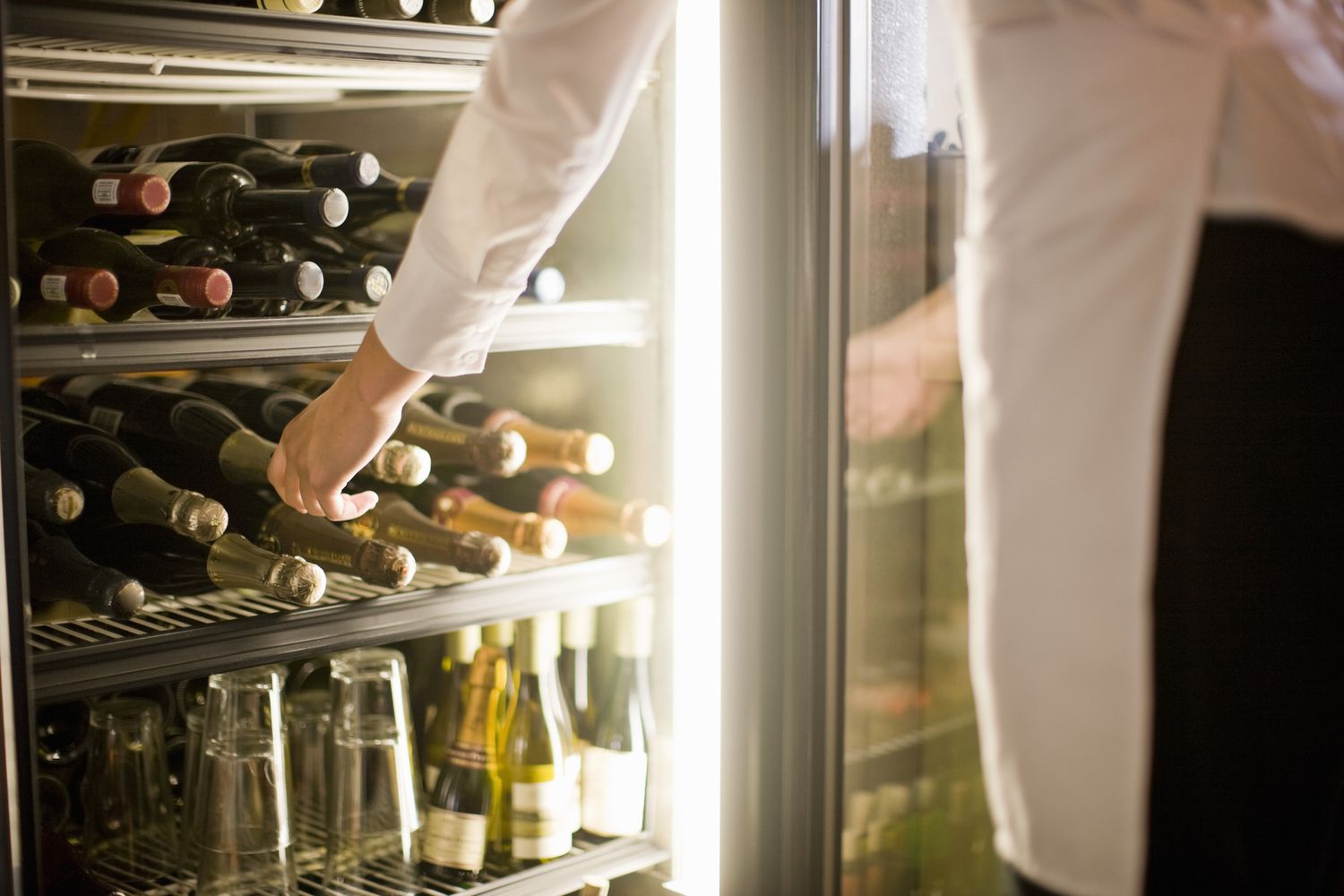Is it OK to store wine in the fridge?

Is it OK to Store Wine in the Fridge?
When it comes to preserving the quality of your wine, proper storage is crucial. Many wine enthusiasts debate whether storing wine in the fridge is acceptable or if it could have detrimental effects on the taste and aroma of the beverage. Let’s delve into the details to understand whether the fridge is a friend or foe for your cherished bottles.
The Basics of Wine Storage
Before exploring the refrigerator’s role in wine storage, it’s essential to grasp the fundamentals of preserving wine. Factors such as temperature, humidity, light, and vibration can significantly impact the aging process and overall quality of wine. Traditionally, wine cellars have been the preferred choice for those serious about maintaining optimal conditions for their collection.

Temperature Matters
The temperature at which wine is stored plays a pivotal role in its maturation. Generally, wines are best preserved at a consistent temperature between 45 to 65 degrees Fahrenheit (7 to 18 degrees Celsius). Fluctuations in temperature, especially extreme variations, can cause the wine to age prematurely and affect its flavor profile.
Now, let’s address the question – is it acceptable to store wine in the fridge?
Pros of Refrigerating Wine
Storing wine in the fridge has its advantages, especially for those who enjoy a crisp, refreshing glass of white or rosé. Here are some pros to consider:
1. Controlled Temperature
Modern refrigerators offer a controlled environment, typically set around 45°F (7°C). This steady temperature can be ideal for storing white wines, sparkling wines, and rosés, preserving their freshness and preventing premature aging.
2. Ready-to-Serve
Chilling wine in the fridge means you always have a bottle ready to serve at the perfect temperature. This convenience is especially appreciated when unexpected guests arrive, and you want to offer a delightful glass without the need for additional chilling time.

Cons to Consider
1. Limited Space
Refrigerators are designed to accommodate a variety of items, and wine bottles may take up valuable space. If you have a large wine collection, dedicating an entire section of your fridge for wine storage might not be practical.
2. Low Humidity
Unlike traditional wine cellars, refrigerators tend to have low humidity levels. This can be a concern for long-term storage, as corks may dry out over time, potentially allowing small amounts of air to seep into the bottle and affect the wine.
Conclusion: A Balancing Act
In conclusion, storing wine in the fridge can be acceptable, but it depends on your goals and the types of wine you enjoy. For short-term storage and the convenience of having chilled whites and rosés at your fingertips, the fridge can be a valuable ally. However, for long-term aging of reds and fine wines, a dedicated wine cellar or storage unit with controlled temperature and humidity remains the optimal choice. For virago beechworth nebbiolo sydney wine see here.
Ultimately, the key is to strike a balance that aligns with your preferences and the characteristics of the wines in your collection. By understanding the impact of storage conditions, you can ensure that each bottle is enjoyed at its best.
